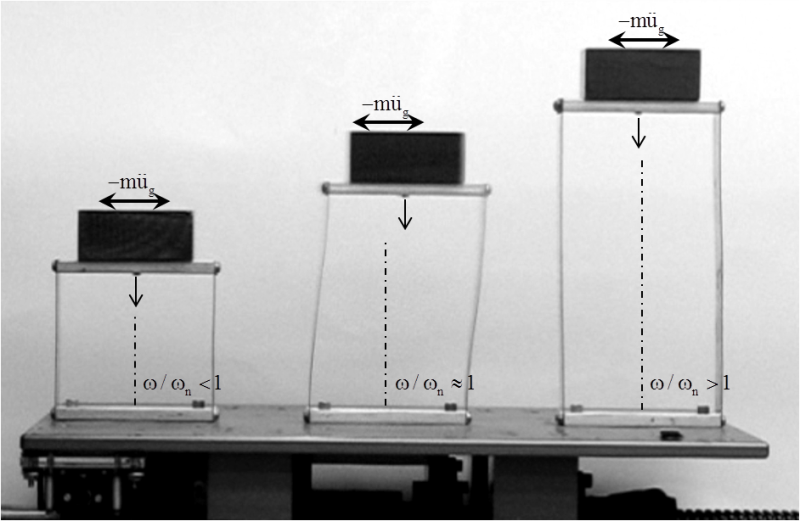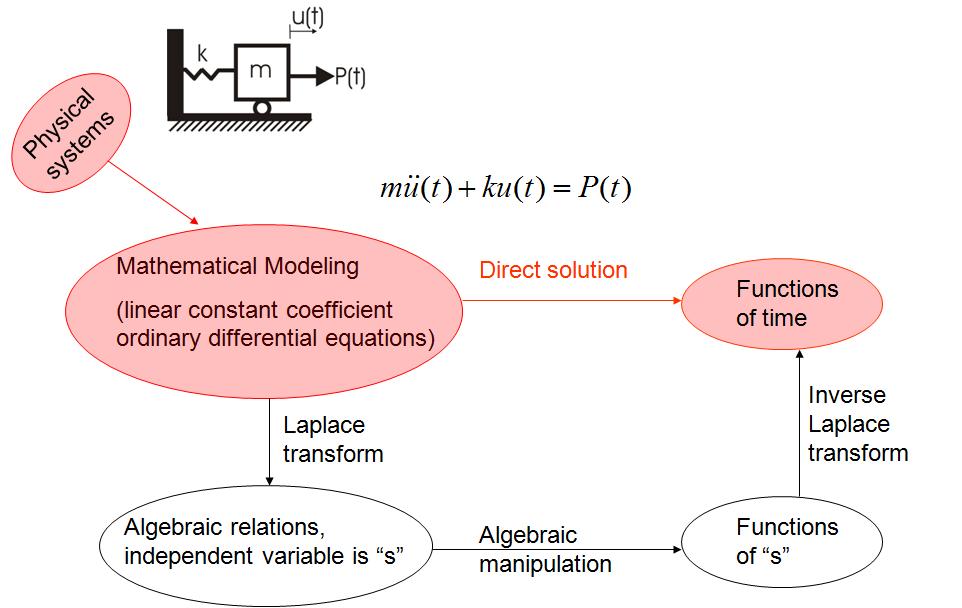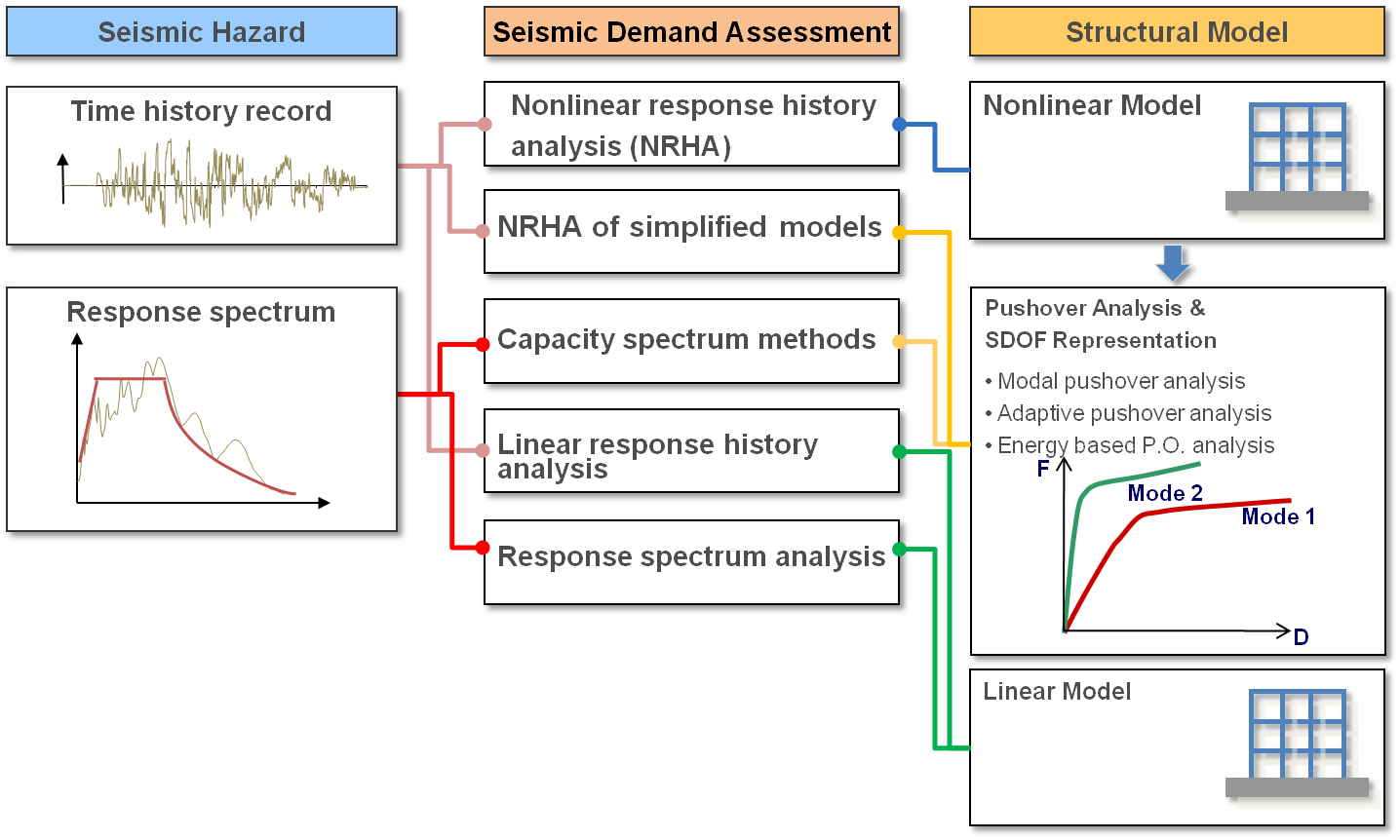Courses Related to Blast and Impact Loading
CIV1190H Structures under Blast and ImpactThe behaviour of structures subjected to accidental or intentional blast or impact loading is exemplified beginning from understanding the nature of threats and blast loading evaluation, to dynamic analysis and specific structural design considerations. Topics presented include:
- Threat and risk assessment;
- Explosive processes. Detonation and deflagration;
- Explosion effects. Loads on structures;
- Dynamic analysis of structures;
- Material behaviour under high-strain rate loading;
- Design of reinforced concrete structures;
- Design of steel structures;
- Behaviour of glazing systems;
- Pressure-impulse diagrams;
- Industrial explosions;
- Design for impact loading; and
- Progressive collapse.
The course addresses the existing lack of expertise in the area of extreme loading on structures and resilience of critical infrastructure, at a time when the need for knowledge in protective design is continuously increasing worldwide. At the forefront of engineering science, the course is unique in Canada and enhances the area of Structural Engineering, in general, and Physical Infrastructure Protection, in particular.
For the current timetable, please go to http://civmin.utoronto.ca/home/programs/courses/
Courses Related to Seismic Loading of Structures
CIV515 Introduction to Structural DynamicsA concept of dynamic equilibrium and corresponding equation of motion are introduced. Theoretical solution of a single degree of freedom system is derived and the effects of various types of load, such as impulse load, sinusoidal load, or random vibration, on the structural response is discussed. To solve dynamic problems of multi degree of freedom (MDOF) system, concepts of mass, stiffness, and damping matrix are introduced, which are followed by eigen value analysis and modal analysis. The course consists of lectures, tutorial sessions, and demonstraiton lab sessions during tutorial sessions. Dynamic experiments of elastic systems are demonstrated through educational shaking table. A SDOF system with an eccentric shaker is used to understand response of a structure under forced excitation.

For the current timetable, please go to http://civmin.utoronto.ca/home/programs/courses/
CIV1167 Advanced Structural Dynamics
CIV 1167 provides the basic principles of system identification and structural control. In order to bridge the gap that the civil engineering students have with regards to the interdisciplinary aspects of CIV 1167, principles of signals, sensors, data acquisition and filtering, complex plane representation of system dynamics, and relationship between different transformation for information mapping between time and frequency domains, and processing of random signals are covered in detail. Analytical and experimental modal analysis topics are included, which not only provide the students with a system identification tool but also enable them to handle the dynamics of complex structures with non-proportional damping.

For the current timetable, please go to http://civmin.utoronto.ca/home/programs/courses/
CIV1171 Principles of Earthquake Engineering and Seismic Design
The objectives of the course are to acquaint graduate students and practicing engineers with the basics of earthquake engineering and seismic design. Upon successful completion of this class, participants will be able to interact with seismologists and understand the fundamentals behind seismic hazard maps contained in our codes, apply fundamental dynamics to calculate seismic loading on multi-degree of freedom representations of real structures, understand the principles behind ductile seismic design and the basics of the seismic design and detailing of steel and reinforced concrete structures. Special emphasis will be given to the real behaviour of structures under seismic loading, the formation of ductile mechanisms, and the assessment of performance under different intensities of seismic input. Common pitfalls in seismic design will also be extensively discussed.
For the current timetable, please go to http://civmin.utoronto.ca/home/programs/courses/.
CIV1180 Advanced Modelling Methods for Seismic Performance Assessment of Structures
The objective of the course is to introduce seismic assessment methods for structures through inelastic analyses or advanced experimental simulations. The course mainly consists of three sections: deterministic analytical assessment, reliability-based analytical assessment, and advanced experimental methods. In the first section, numerical models of inelastic structural and geotechnical materials, and various finite element models will be introduced. Built upon these topics, several seismic demand and capacity assessment methods will be presented. Analysis methods for soil-structure-interaction system will be also discussed in this section. In the second section, the fundamentals in structural reliability analysis will be briefly reviewed, which will be followed by seismic fragility assessment. In the third section, the latest development in advanced experimental methods (experiment-analysis hybrid simulation) will be introduced.

For the current timetable, please go to http://civmin.utoronto.ca/home/programs/courses/
CIV1185 Seismic Design with Advanced Supplemental Damping and Isolation Systems
For the current timetable, please go to http://civmin.utoronto.ca/home/programs/courses/
CIV1299H Structures Under Fire and Extreme Loading
This course includes: introduction to fire safety in buildings and fire resistance of structures; fire loads, e.g. standard fires and real fires; introduction of analytical and numerical methods for performance evaluation of materials and structures at elevated temperatures and under extreme forces, e.g. earthquake and fire; and design methods for fire resistance of steel, concrete and wood building and light frame assemblies.
For the current timetable, please go to http://civmin.utoronto.ca/home/programs/courses/
